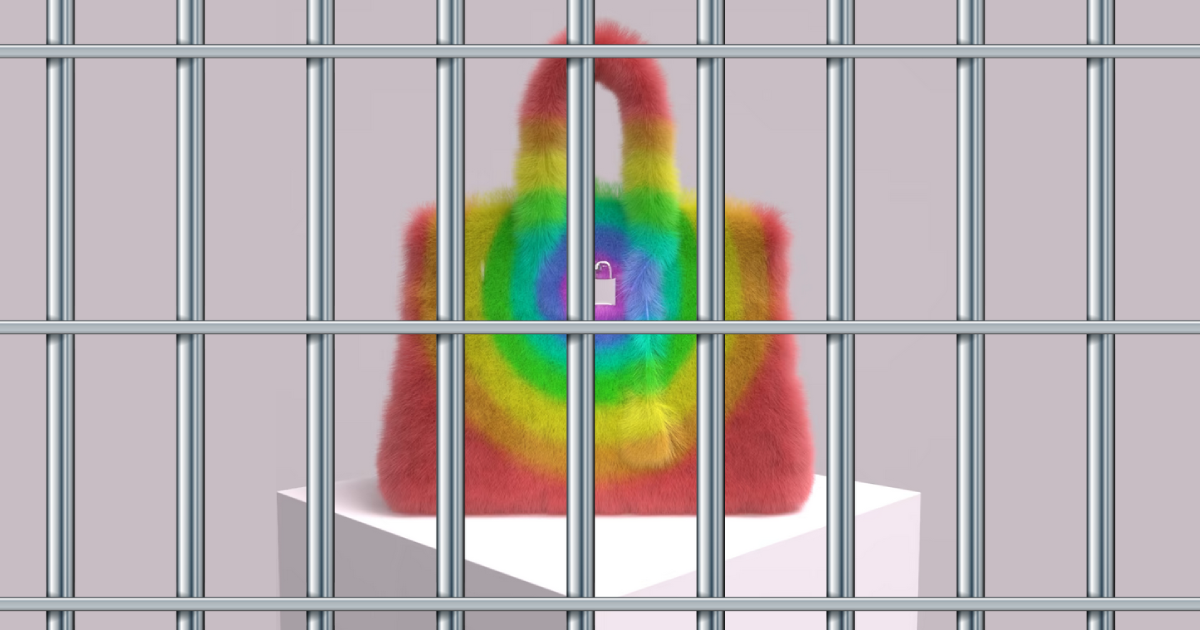Hermès v. Rothschild: A Landmark Decision for Trademarks and NFTs
The recent jury trial win by Hermès in its case versus Mason Rothschild has garnered significant attention, particularly with regard to the impact it may have on future legal questions surrounding non-fungible tokens (NFTs) and trademark rights. This decision will undoubtedly be used as precedent for brands seeking to enforce their existing trademark rights to potentially infringing NFT uses in the future.
The case centers around a dispute between the luxury goods company Hermès and its attempts to enforce its trademark rights against Rothschild for his creation of the MetaBirkin NFTs. On February 8, 2023, the jury returned a verdict finding that Rothschild’s creation and sale of the MetaBirkin NFTs constituted trademark infringement, trademark dilution, and cybersquatting of Hermès’ protectable intellectual property rights. The jury also declined to find that Rothschild’s creation and sale of the MetaBirkins NFTs were protected by the First Amendment.
Intellectual property law, including trademark and copyright law, is designed to protect the rights of creators and owners of original works. The application of these laws to NFTs, however, is still a developing area of law, and the Hermès v Rothschild case provided an important milestone to clarify the application of these intellectual property rights in the context of NFTs.
One of the key legal issues at play in the Hermès v Rothschild case is the extent to which NFTs can infringe existing trademark rights for non-NFT uses. In particular, the case considered whether the creation of an NFT fur-covered MetaBirkin bag infringes Hermès’ trademark rights embodied in its use of the BIRKIN trademark and related trade dress embodied by physical Birkin bags (i.e. the handbag’s distinct visual appearance). This decision by the jury affirms Hermès position that its sale of its traditional luxury bags (which at have not yet been sold as NFTs) are infringed by the sale of Rothchild’s MetaBirkin NFTs.
An intriguing aspect about this trial is that its true significance doesn’t lie within the actual outcome. Judge Rakoff denied both parties’ motions for summary judgment in a decision, with the judge’s rationale filed in the week before the jury verdict. The jury verdict itself is extremely bare, only consisting of one and a half pages in which the jury checked off “Liable” for trademark infringement, trademark dilution, and cybersquatting. The jury verdict also determined that the First Amendment does not bar Rothschild’s liability for infringement.
As a First Amendment defense, Rothschild had argued that he started the project primarily for artistic reasons, and that the NFTs are “paradigmatic works of art.” The jury’s verdict instead necessarily found that “Rothschild’s use of the Birkin mark was not just likely to confuse potential consumers but was intentionally designed to mislead potential consumers into believing that Hermès was associated with Mr. Rothschild’s MetaBirkins project.”
Regarding trademark infringement, the jury was provided with a 7-part balancing test that included factors such as: the similarity between Hermès Birkin bags and a MetaBirkin NFT, whether the products competed for the same consumers, whether Rothschild acted in bad faith, and the likelihood that Hermès would sell their own NFTs using the Birkin mark. Although no one factor is determinative, the jury necessarily evaluated these factors in its finding of infringement. Additionally, a requisite to finding trademark dilution is the jury finding that Hermès’ BIRKIN mark is famous, which the jury must have necessarily found.
On the cybersquatting claim, the jury was instructed that Hermès was to prove “(1) that the Birkin mark was distinctive at the time the domain name <https://metabirkins.com> was registered; (2) that the <https://metabirkins.com> domain name is identical to, or confusingly similar to, Hermès's Birkin mark; and (3) that Mason Rothschild had a bad faith intent to profit from the Birkin mark.” To determine bad faith, the jury was allowed to consider whether Rothschild acted for commercial gain. Thus, the jury must have necessarily found that Rothschild had a “bad faith intent to profit from the Birkin mark.”
Most notably, the case did not consider the extent to which NFTs are protected under copyright law. Copyright law provides creators with exclusive rights to their works, including the right to reproduce, distribute, and sell them. The question of whether the creation and sale of the MetaBirkin NFTs infringed any copyright was not involved in the dispute.
In conclusion, the Hermès v Rothschild case is an important milestone in the legal development of the application of trademark law to NFTs. The outcome of this case will likely shape the way in which future NFT trademark questions are approached and resolved. However, it is important to note that the jury’s necessary findings that Hermès had a famous mark and that Rothschild acted in bad faith will not necessarily be readily found in every future case. Nonetheless, it is likely that this decision (including any potential appeal) will become an important precedent, and will be closely watched by lawyers and industry participants alike.
DISCLAIMER: This summary is not legal advice and does not create any attorney-client relationship. This summary does not provide a definitive legal opinion for any factual situation. Before the firm can provide legal advice or opinion to any person or entity, the specific facts at issue must be reviewed by the firm. Before an attorney-client relationship is formed, the firm must have a signed engagement letter with a client setting forth the Firm’s scope and terms of representation. The information contained herein is based upon the law at the time of publication.

